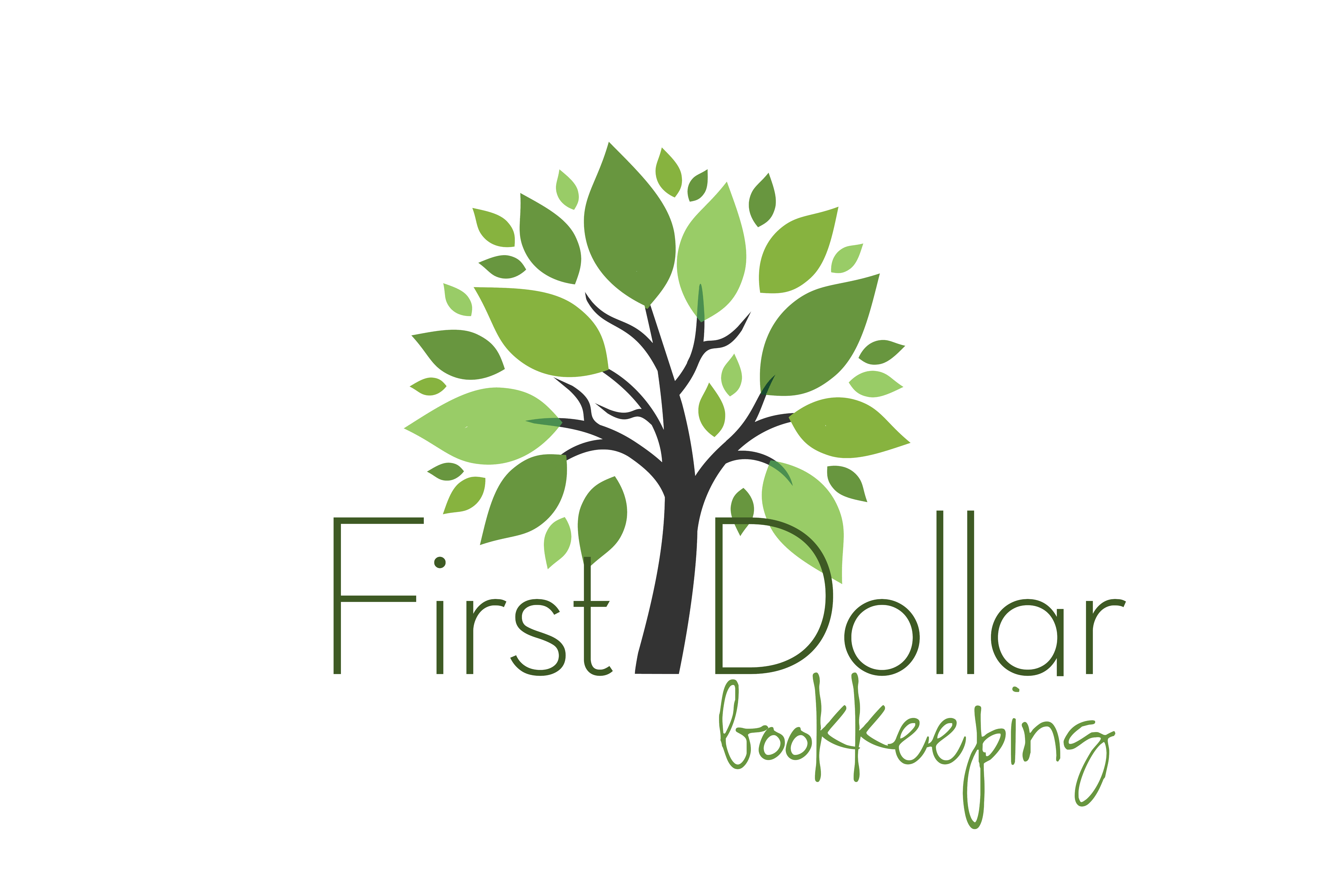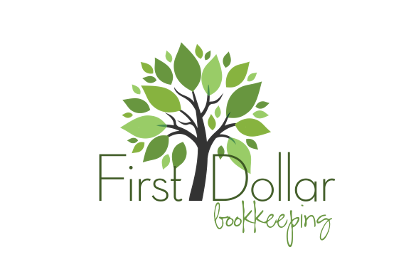Bookkeeping is the process of recording day-to-day business transactions.
Transactions can include any purchases made, sales of goods, payments for services, receipts, and more. Accurate bookkeeping provides two kinds of information: What the current value of the business is, and how that value has changed (through profit or loss) over a given period of time.
And speaking of time, let’s take a look into the history of bookkeeping.
If we go way far back, more than 7,000 years, we’ll end up in Mesopotamia with early writing, counting, and money developments.
Anywhere there were groups of people interacting with one another, some kind of system needed to be developed to keep track of what was coming in or going out. Early Egyptians also had a pretty good numbers and accounting system down.
Fast forward a few thousand years, you’ll find even more bookkeepers, hard at work entering transactions as trade stabilized and businesses became more organized. They were named “book-keepers” because they kept the books. Literally. Transactions were recorded in paper ledgers that the book-keeper would take with him everywhere he went. Much of his time was spent tracking down math errors and making everything balance out. The focus was on accuracy, and much time was spend recording every detail. The bookkeeper didn’t have extra time to offer much analysis or further help to the business owner.
Now let’s continue our time travel to today. There aren’t any more paper ledgers or physical books used in professional bookkeeping, unless you’re super old school! Computers and online programs are used for data entry, analysis, reporting, and keeping everything straight. The math is done for you and it is easier to seek out mistakes.
It might seem that the role of a bookkeeper is no longer necessary.
There are no more physical books to carry around and no more tedious addition of numbers to check and double-check. Online bookkeeping systems have taken the place of the bookkeeper, haven’t they?
Well, in some cases, yes. Business owners can do their own bookkeeping and have varied levels of success. But the new role of bookkeeper is still as important, if not more so, than it was before.
With the tedious work of entering numbers taken care of, the bookkeeper can focus on adding value to their client’s business.
Along with making sure all of the transactions are entered and categorized accurately, the great bookkeeper will also help their client understand what is going on with their finances, will explain the reports, and will offer suggestions for greater growth and better use of business assets. They will keep all the data up to date and accurate so that the business owner can know at a glance how their business is doing. The bookkeeper will be in frequent communication with the business owner, and give them quarterly or monthly reports to show how their business is doing.
But… that kind of sounds like what an accountant does, right? What’s the difference between a bookkeeper and an accountant?
Well, it used to be that accountants would take over when the bookkeeper was done with all of their data entry. The accountant would take the physical books and make up reports containing a summary of the information.
Nowadays, online bookkeeping programs can create the reports, which accountants used to have to make, with a click of a button. The accountant’s primary role, then, is to use these reports to prepare a tax return. They can also make the business books presentable for a bank or other third party that may need access to them. There is also certain paperwork that can only be done by a certified accountant.
But most of the time, an accountant will not do the day-to-day work of entering transactions or monitoring cash flow. Most small businesses will have an accountant, but if they don’t also do their daily bookkeeping, their business will quickly get into trouble. The books have to be up-to-date for the reports to be accurate. A business will experience more stress and hassle, plus pay a lot more, to have their mess of books fixed at the end of the year by an accountant.
As a result of their role in tax preparation, an accountant tends to be RE-active instead of PRO-active with their services. They see the results of a whole year of business operations, and can tell you where you went wrong, or where money was overspent, but don’t usually help you take steps to avoid those things before they happen. A small business owner can definitely ask their accountant for advice earlier on, but it is often very expensive (many accountants charge upwards of $100 an hour!), in complicated lingo that is hard for the average business owner to understand, or it just takes too long to hear back from them. And this is not necessarily the accountants fault. Their primary role is taxes, tax help, and more complicated paperwork.
THIS is where a bookkeeper comes in.
A great bookkeeper will easily be able to tell you who owes you money, when your bills are due, how much actual cash you have available, and how you are performing.
Why are these three things so important? Check back in a week to find out!
Did you learn anything new about bookkeeping or accounting today? Do you understand the difference between accounting and bookkeeping a little better now?
Want more helpful bookkeeping tips? This is for you!








Leave a Comment